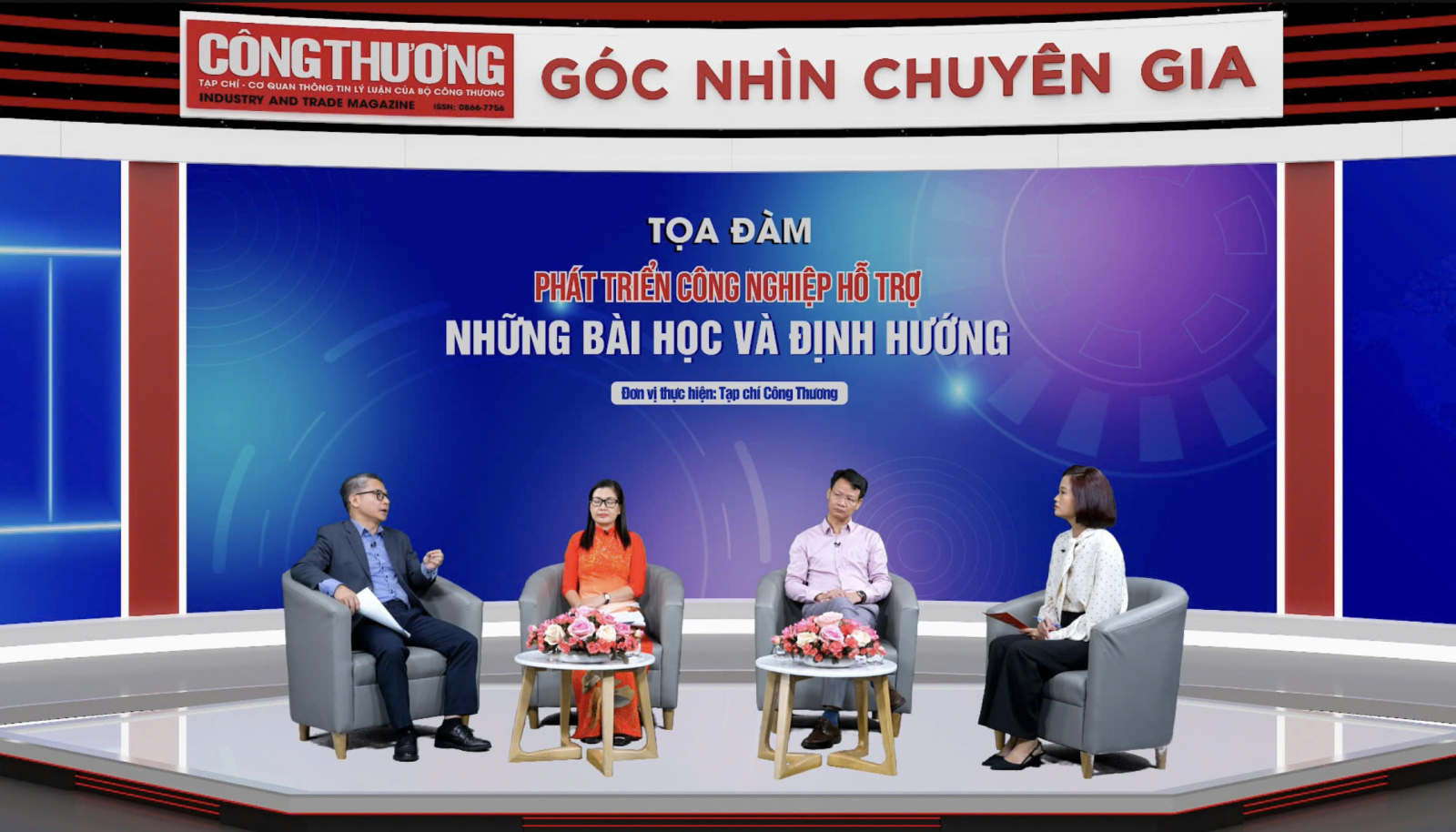
At the seminar, Mr. Pham Van Quan, Deputy Director of the Department of Industry ( Ministry of Industry and Trade ) said that since Decree 111 on supporting industry development was issued, Vietnam has formed a network of more than 6,000 enterprises in this field, many times more than the initial few hundred enterprises.
Not only has the quantity increased, but the quality has also improved significantly. Many domestic enterprises have become tier 1 and tier 2 suppliers for large corporations such as Samsung, Toyota, etc. Some enterprises such as Vinfast, Thaco , etc. have proactively built their own supporting industrial chains, gradually participating deeply in the global value chain.
The Deputy Director of the Department of Industry also informed that over the past 10 years, the Ministry of Industry and Trade has focused on activities connecting domestic enterprises with FDI enterprises, organizing many training courses on industrial standards and etiquette, and promoting trade and international fairs for Vietnamese enterprises to identify their capacity. More than 2,000 enterprises have been trained, nearly 700 units have been transferred new technology and more than 13,000 enterprises have participated in seminars. These figures show that the supporting industry policy has really spread.
Giving his opinion on this issue, Mr. Vu Dang Khoa, General Secretary of the Vietnam Association of Supporting Industry Enterprises (VASI), said that the business community is changing strongly, especially in the connection with FDI enterprises and multinational corporations. “The most important thing now is to build the core capacity of domestic enterprises, thereby creating prestige to become a reliable partner in the global supply chain. If we do not proactively improve quality, we will always be in the position of low-level suppliers,” Mr. Khoa commented.
In addition to technical capacity, enterprises need to pay attention to management standards and the ability to meet strict requirements on environment, labor, and traceability. These are factors that are increasingly of interest to FDI corporations and large markets such as the EU, the US, and Japan. VASI representatives also said that it is necessary to form a network of supporting enterprises linked by industry clusters, creating synergy, avoiding the situation of "everyone doing their own thing".
Mr. Vu Dang Khoa added that support policies need to be accompanied by effective monitoring and evaluation mechanisms. Technical assistance, trade promotion, and human resource training programs should be implemented more flexibly, linked to the actual needs of each group of businesses. “We cannot support all of them in a uniform way, but need to focus on businesses with the potential to develop a real supply chain,” Mr. Khoa said.
From the business perspective, Ms. Bui Thi Hong Hanh, Vice President of the Vietnam Association of Supporting Industry Enterprises, assessed that Vietnamese enterprises have clearly transformed, from passively receiving orders to proactively designing products, controlling quality and interacting technically with international partners. Although still small in scale, many enterprises have begun to produce sophisticated components with high added value, demonstrating an increasingly solid integration capacity.
However, to participate in the supply chain, the Association must invest heavily in machinery, technology and human resource training, while access to preferential capital and technical support is still limited. Therefore, the State needs to have more appropriate credit policies to support small and medium enterprises in achieving international standard certification, because "only when meeting technical requirements, will enterprises have the opportunity to stand in the supply chain of large corporations".
Mr. Pham Van Quan said that the Ministry of Industry and Trade is focusing on implementing the Vietnam Industrial Development Strategy to 2030, with a vision to 2045, in which supporting industry development is considered one of the three main pillars. Many support programs have been and are being implemented, such as the National Supporting Industry Development Program, technology transfer support, consulting on improving production processes, or connecting supply and demand between domestic and FDI enterprises.
“The Ministry of Industry and Trade clearly states that the State does not replace businesses, but creates a favorable environment for them to develop. Policies must encourage businesses to innovate, apply technology, and improve management capacity. When businesses become stronger, the supporting industry will truly have a solid foundation,” Mr. Quan emphasized.
Mr. Pham Van Quan added that in the coming time, the Ministry of Industry and Trade will continue to coordinate with ministries, branches and localities to build a regional industrial development support center, connecting manufacturing and supporting industry enterprises with domestic and foreign corporations. Along with that, the Ministry will promote the development of specialized industrial clusters, giving priority to enterprises investing in high technology and environmental friendliness. The Ministry of Industry and Trade expects that in the next 10 years, along with a more flexible management mechanism, the supporting industry program will be implemented specifically, substantially and closely to the needs of enterprises.
Source: https://baotintuc.vn/kinh-te/can-chinh-sach-dong-bo-de-cong-nghiep-ho-tro-cat-canh-20251020174810157.htm



![[Photo] Chairman of the Hungarian Parliament visits President Ho Chi Minh's Mausoleum](https://vphoto.vietnam.vn/thumb/1200x675/vietnam/resource/IMAGE/2025/10/20/1760941009023_ndo_br_hungary-jpg.webp)
![[Photo] National Assembly Chairman Tran Thanh Man holds talks with Hungarian National Assembly Chairman Kover Laszlo](https://vphoto.vietnam.vn/thumb/1200x675/vietnam/resource/IMAGE/2025/10/20/1760952711347_ndo_br_bnd-1603-jpg.webp)

![[Photo] Prime Minister Pham Minh Chinh meets with Speaker of the Hungarian National Assembly Kover Laszlo](https://vphoto.vietnam.vn/thumb/1200x675/vietnam/resource/IMAGE/2025/10/20/1760970413415_dsc-8111-jpg.webp)
![[Photo] Solemn opening of the 10th Session, 15th National Assembly](https://vphoto.vietnam.vn/thumb/1200x675/vietnam/resource/IMAGE/2025/10/20/1760937111622_ndo_br_1-202-jpg.webp)


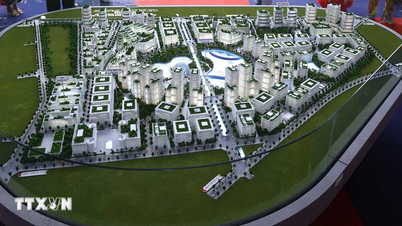

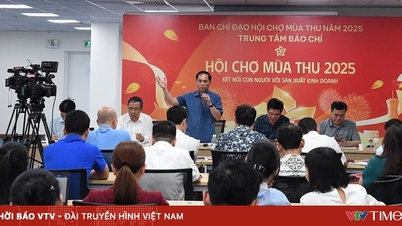

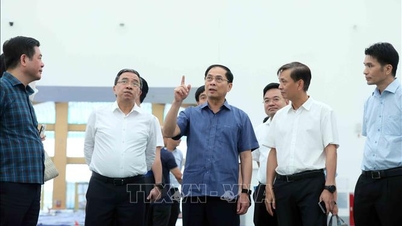
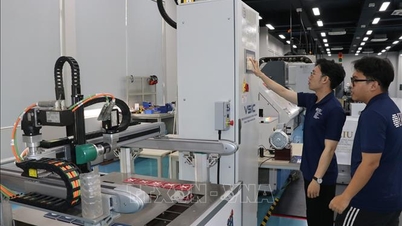

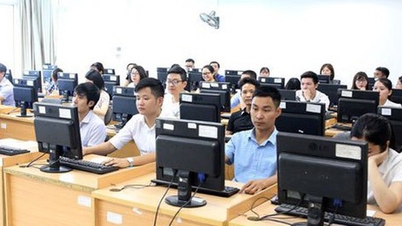
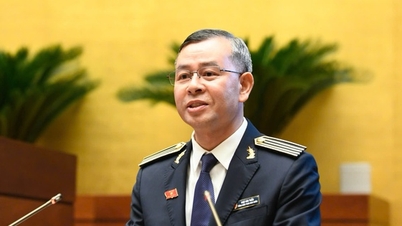
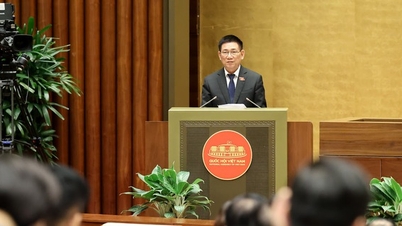
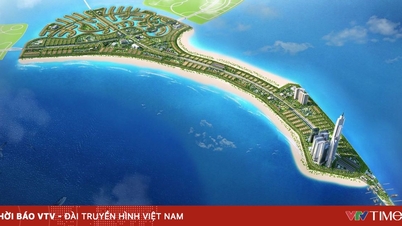

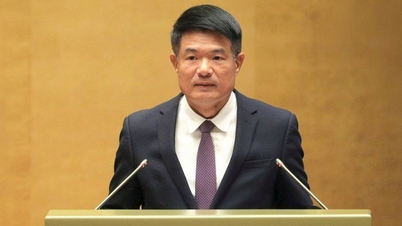




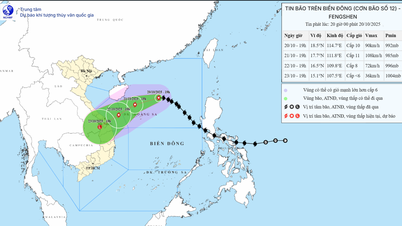
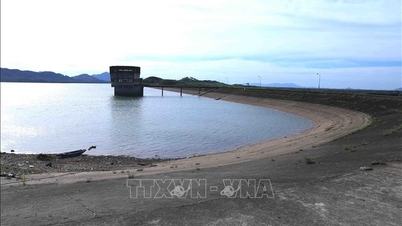
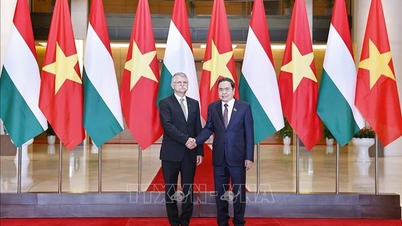
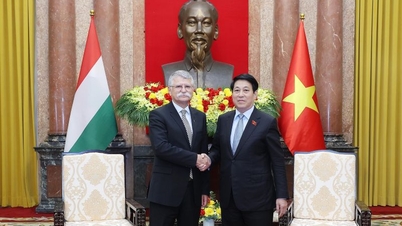
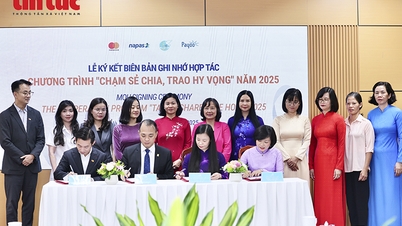

![[Photo] The Steering Committee of the 2025 Fall Fair checks the progress of the organization](https://vphoto.vietnam.vn/thumb/1200x675/vietnam/resource/IMAGE/2025/10/20/1760918203241_nam-5371-jpg.webp)


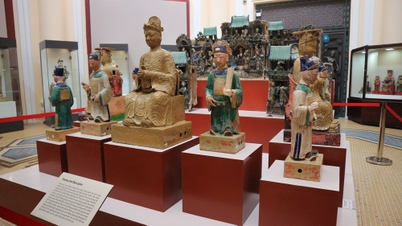




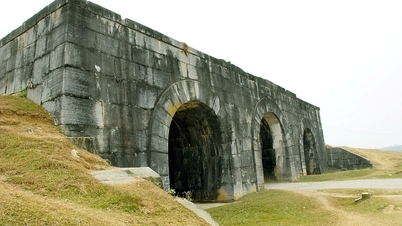







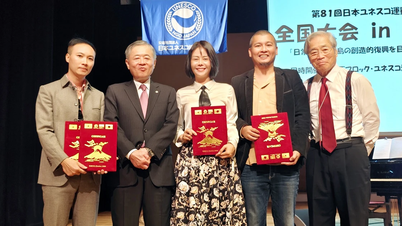



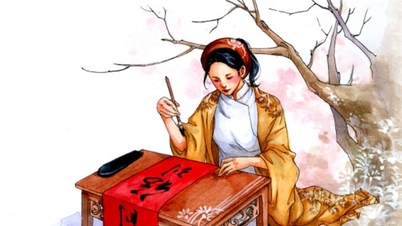


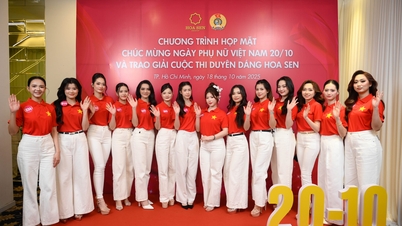

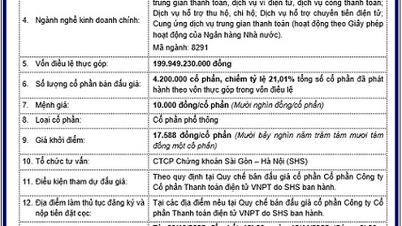
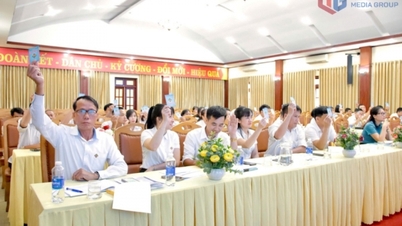

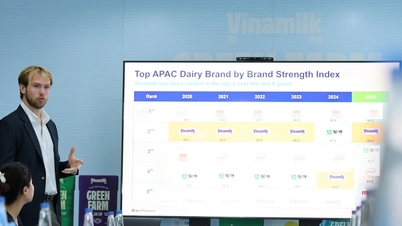

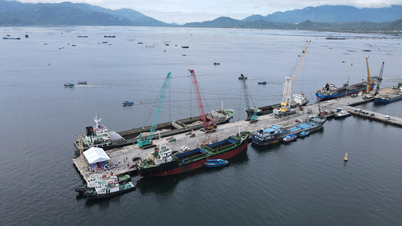








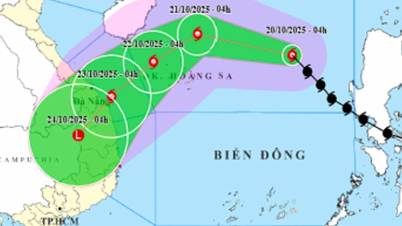

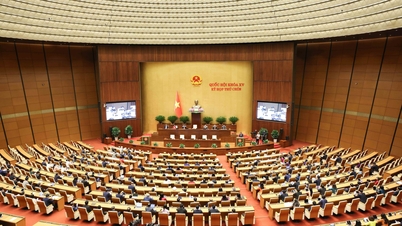
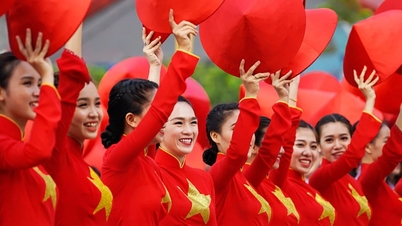

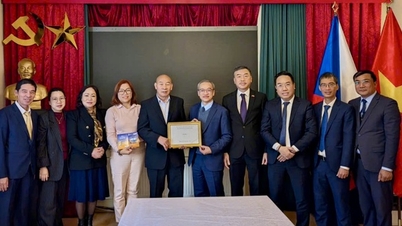

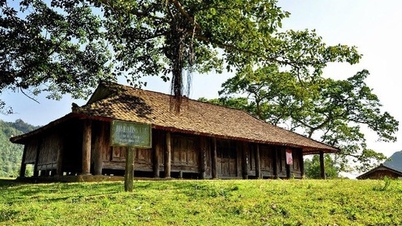
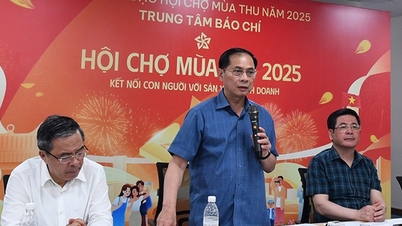
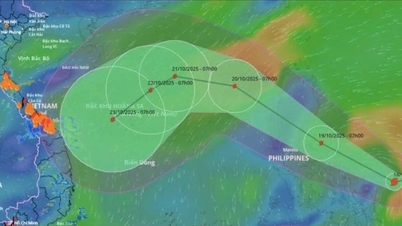



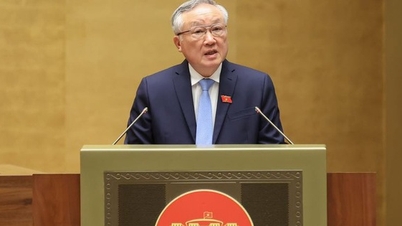
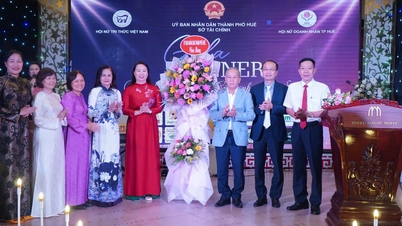



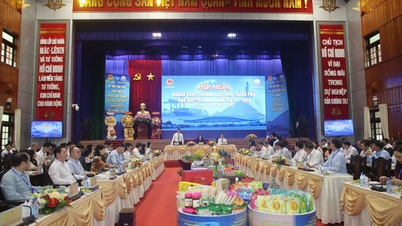
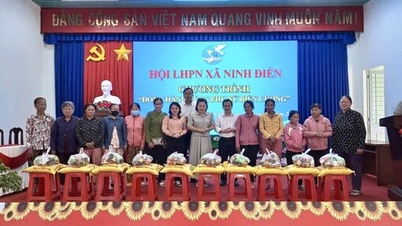
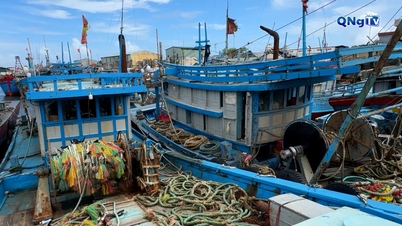

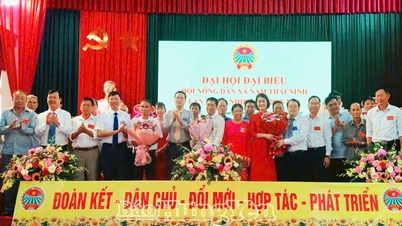














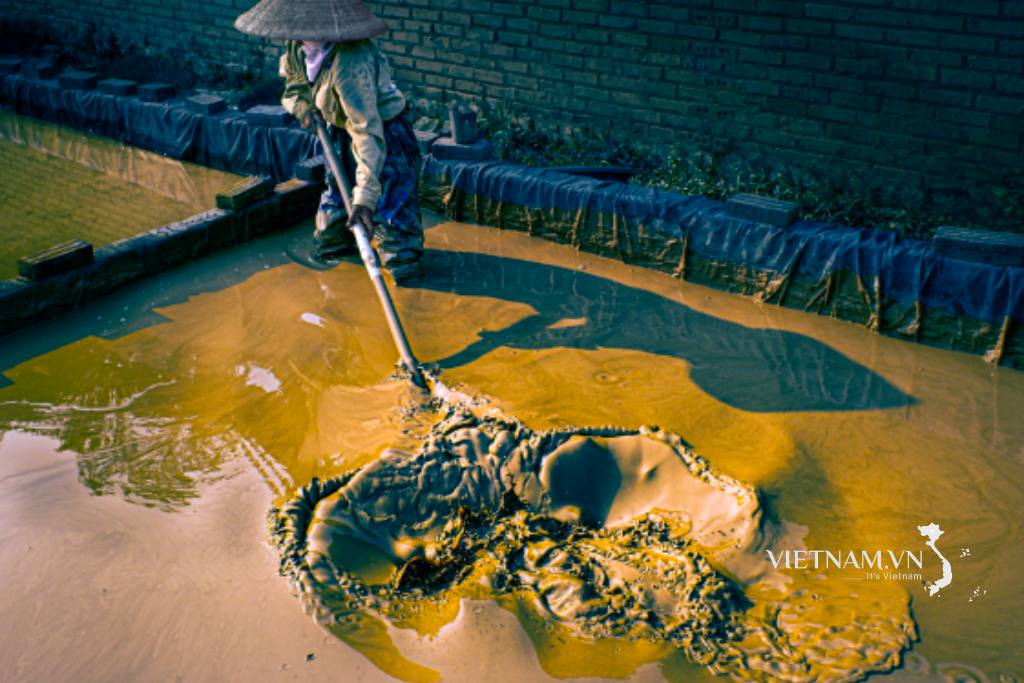
Comment (0)